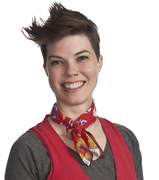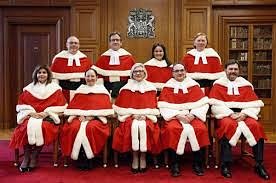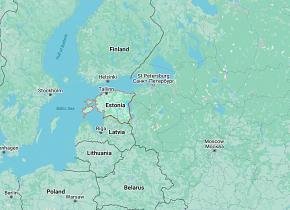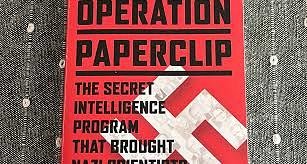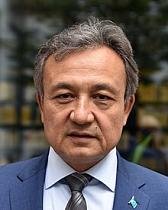Education: OISE professor uses math tool to change world
As a gatekeeper to higher education and also as a way of seeing the world and enabling action, learning mathematics has important social justice implications. If people are not fluent in the math used to justify policy decisions, they cannot be effective citizens. But some aspects of schooling – the packed curriculum, the demand for standardization, the compartmentalized school day – make it difficult to bring social justice issues into the mathematics classroom.
Indigo Esmonde, an Assistant Professor with the Department of Curriculum, Teaching and Learning and the Director of the Centre for Science, Mathematics and Technology Education at OISE, is finding ways to bring the concepts together.
Her research highlights ways to enact equity in the math classroom, and shows that social justice issues can make very effective entry-ways into mathematical discussions. By studying mathematics learning in different contexts – in schools, family life, in stores, and at work – she discerns how mathematics learning is connected to identity formation, so that who you are and how you do math are one and the same. This provides insight into the way people’s identities – including race, gender, and other social categories – affect and are affected by mathematics learning.
Indigo has received several grants for education research, most recently from the Social Science and Humanities Research Council (SSHRC) ‘Changing the equation: Mathematics and Social Justice’, a study that expands on traditional views about learning, equity and mathematics by considering how community-based organizations engaging in social justice and community activism rely on mathematics in their work. The research investigates how mathematics is used and how the organizations support staff in learning and using mathematics for social justice purposes.
For Indigo, mathematics is an important tool for understanding the world, especially in an age of accelerating innovations in technology, “Gaps between rich and poor and between various social groups are growing, and education is a key tool that can help to reverse this process. I study equity and math education because I believe mathematics can be a tool for broader social good if young people are taught how to use it effectively to solve important problems that affect their communities. It’s also important to learn mathematics to be able to decode the mystifying information disseminated by governments and large corporations. If we understand it better, we can act more effectively.â€
Comments
There are 0 comments on this post


